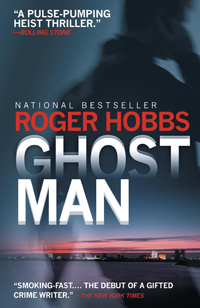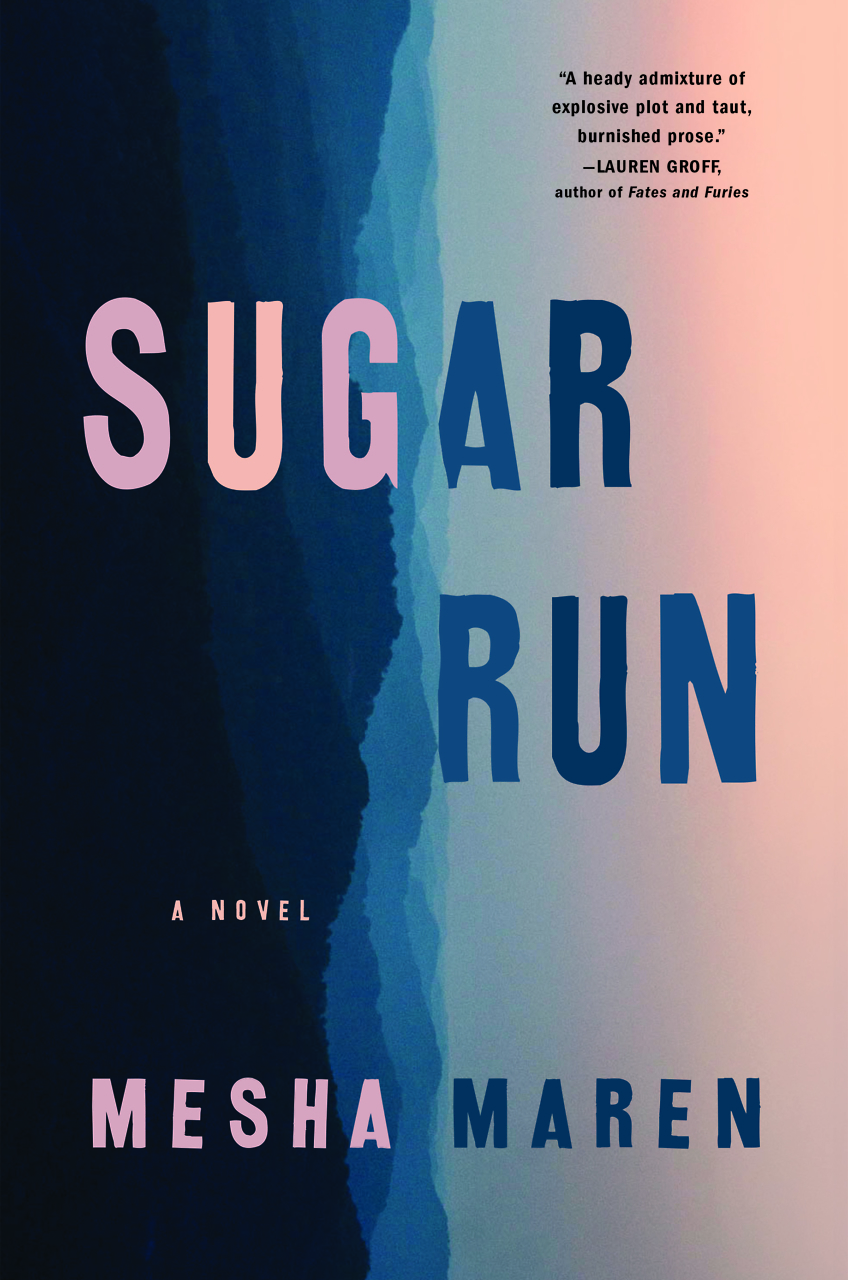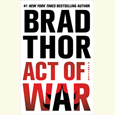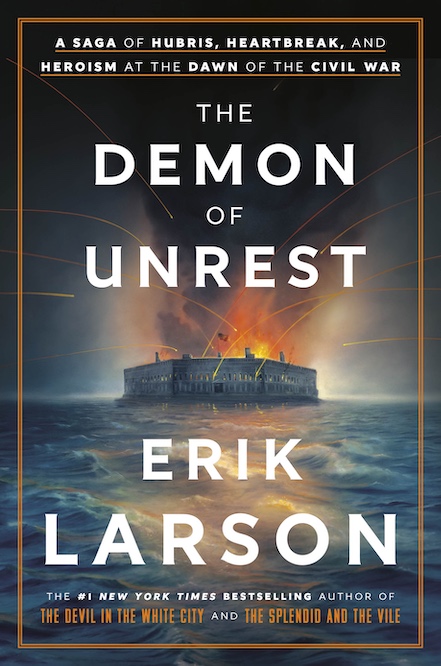It Couldn’t Be More Real
With Ghostman, debut crime novelist Roger Hobbs proves himself a literary prodigy
A novel that comes to early readers with an introductory note from legendary book editor Gary Fisketjon, vice president at Knopf, tends to merit attention, and Ghostman by Roger Hobbs proves the point. Hobbs graduated from Reed College in 2011 after studying film noir, literary theory, and ancient languages—all of which he manages to put to good use in a story Fisketjon characterizes as “addictive, electrifying, and quicksilver-paced.”
 “Jack,” Hobbs’s protagonist, is a criminal operative whose actual identity is known to virtually no one, and who is reachable only through encrypted email that is wiped of any conceivable identity or location via a network of global servers. Nurtured by a wizened, experienced, high-end thief named Angela, he enjoys translating the classics in his spare time and reads Latin the way others read Sue Grafton.
“Jack,” Hobbs’s protagonist, is a criminal operative whose actual identity is known to virtually no one, and who is reachable only through encrypted email that is wiped of any conceivable identity or location via a network of global servers. Nurtured by a wizened, experienced, high-end thief named Angela, he enjoys translating the classics in his spare time and reads Latin the way others read Sue Grafton.
During a heist gone wrong five years earlier in Malaysia, he went by the name of Jack Delton. So when he receives an email addressed to Jack, he starts to get a little clammy. “My name isn’t really Jack,” Hobbs writes. “My name isn’t John, George, Robert, Michael or Steven, either. It isn’t any of the names that appear on my driver’s licenses, and it isn’t on my passports or credit cards. My real name isn’t anywhere, except maybe on a college diploma and a couple of school records in my safety-deposit box. Jack Delton was just an alias, and it was long since retired.” Once the Malaysian job went south, Jack disappeared, fearing revenge from Marcus, the man whose Asian caper he spoiled.
 The email, of course, is from Marcus, who is calling in a favor he figures he’s owed, given that he did not blow Jack’s head off five years earlier: clean up after a casino robbery that ended badly. “I want you to do what you do best,” he tells Jack. “I want you to make it disappear.” The ensuing story involves a chartered jet, the usual fake IDs, a masterful disguise, a very bad guy named Wolf, and a helpful FBI agent.
The email, of course, is from Marcus, who is calling in a favor he figures he’s owed, given that he did not blow Jack’s head off five years earlier: clean up after a casino robbery that ended badly. “I want you to do what you do best,” he tells Jack. “I want you to make it disappear.” The ensuing story involves a chartered jet, the usual fake IDs, a masterful disguise, a very bad guy named Wolf, and a helpful FBI agent.
“When it comes to describing Roger’s protagonist, I’d suggest you think of the character played by Harvey Keitel in Quentin Tarantino’s Pulp Fiction, a nonpareil fixer and cleaner-upper,” Fisketjon writes in a letter to booksellers and reviewers. “Roger displays such expertise in this novel that by rights he should be an arms dealer, a smuggler, a top-end thief, a banker, a stuntman, a body double, an employee of the Federal Reserve—but instead he’s a writer of singular vision and talent and poise.” He notes that thirteen foreign publishers have signed Ghostman and that Warner Bros. bought the movie rights.
Though the plot is skillfully crafted and sophisticated, Hobbs really shines with his adroit use of the kind of details that most crime writers wouldn’t use because they simply don’t know them — the intricacies of Federal Reserve processes, for example, and the ways in which criminals avoid discovery via forensic tools. With Ghostman, Hobbs has distinguished himself as a crime-writing prodigy.


